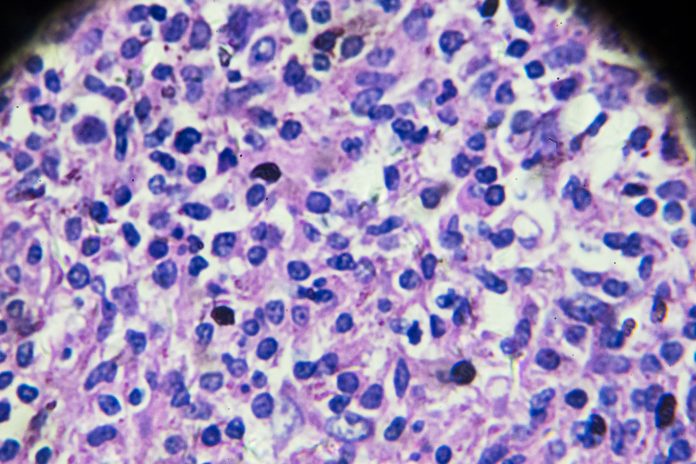
The FDA has approved Amgen’s Uplizna as the first and only treatment for adults living with Immunoglobulin G4-related disease (IgG4-RD)—a chronic and debilitating immune-mediated inflammatory condition that can affect multiple organs including the pancreas, liver, and kidneys. LgG4-RD affects an estimated 20,000 people in the United States alone. Although it’s not entirely clear how Uplizna works, it targets CD19+ B cells.
Uplizna was already approved for the rare, severe neuroinflammatory disease, neuromyelitis optica spectrum disorder, and brought in sales of $379 million in 2024.
“The FDA approval of Uplizna marks a significant turning point for IgG4-RD patients and physicians who now have a proven treatment that targets a key driver of the disease, reducing the risk of flares and reliance on harmful long-term steroid use,” said Jay Bradner, MD, executive vice president of research and development at Amgen.
“Targeting CD19+ B cells with Uplinza has proven to be a highly effective approach to help address the pathophysiology of IgG4-RD,” said John Stone, MD, principal investigator, and a professor of medicine at Harvard Medical School and the Edward A. Fox Chair in Medicine at the Massachusetts General Hospital.
He added, “The clinical community now has an FDA-approved therapeutic innovation for patients that targets underlying disease mechanisms and helps to control disease activity by reducing flares in IgG4-RD. Now, our work begins in raising awareness of this disease so that patients can access the right treatment as early as possible, avoiding a long and often harmful diagnostic journey.”
IgG4-RD is a chronic, systemic, immune-mediated, fibroinflammatory disease that can affect numerous and generally multiple organs of the body. It is a progressive disease that can affect a variety of organ systems and often affects multiple organs over time. It is characterized by periods of remission and unpredictable disease flares. IgG4-RD can cause permanent organ damage with or without the presence of symptoms. Awareness of how organ damage manifests is critically important to inform the timely diagnosis of IgG4-RD and B cells are central to the pathogenesis of the condition. In IgG4-RD, CD19-expressing (CD19+) B cells are thought to drive inflammatory and fibrotic processes and interact with other immune cells that contribute to disease activity to produce the disease.
The FDA approval was supported by data from the MITIGATE trial and included results such as an 87% reduction in the risk of IgG4-RD flare compared to placebo during the 52-week placebo-controlled period. The data also showed that 10.3% (7 of 68) of participants receiving Uplizna experienced a flare compared to 59.7% (40 of 67) of participants receiving placebo.
Said Bradner, “We are proud to deliver a therapy that has the potential to significantly improve care for patients with IgG4-RD and remain encouraged by UPLIZNA’s broader potential in other immune-mediated diseases, including neuromyelitis optica spectrum disorder and generalized myasthenia gravis. This approval underscores Amgen’s ongoing commitment and leadership in developing innovative treatments targeting CD19+ B-cells across multiple therapeutic areas.”









![Best Weight Loss Supplements [2022-23] New Reports!](https://technologytangle.com/wp-content/uploads/2022/12/p1-1170962-1670840878.png)




